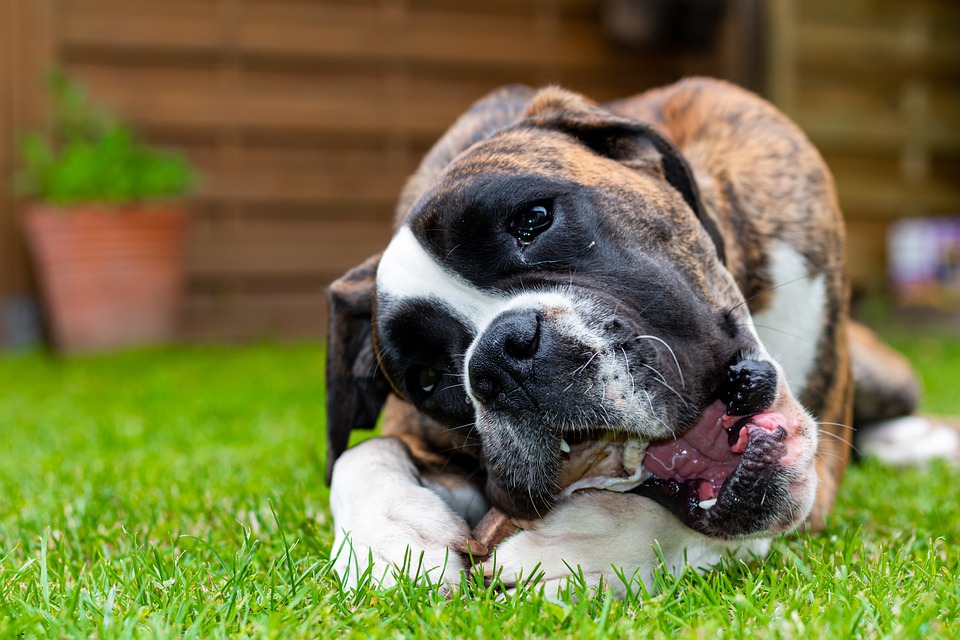HELP! My Dog Ate Chicken Bones!
What To Do When Things Go Wrong
Accidents happen, but that doesn’t make them any less scary – especially when they’re potentially dangerous.
 It may not seem like a big deal for a dog to eat a chicken bone. However, they’re particularly risky for dogs to consume when cooked. The cooking process makes bones brittle, increasing their chances of breaking down and splintering when chewed. This can cause several health complications, including:
It may not seem like a big deal for a dog to eat a chicken bone. However, they’re particularly risky for dogs to consume when cooked. The cooking process makes bones brittle, increasing their chances of breaking down and splintering when chewed. This can cause several health complications, including:
- Choking
- Getting lodged in a dog’s throat
- Puncturing or tearing the gastrointestinal tract
In an ideal world, we could keep our dogs from getting their paws on a chicken bone. However, even with the best efforts, accidents can still happen. In the event they do, here’s what you need to know.
Step 1: Stay Calm
We know, we know – this is easier said than done! However, panicking because your dog has a chicken bone won’t help, and it could even make things worse.
Instead, calmly try to take the bones away. If your dog is possessive or gobbles their treasure down before you have a chance to grab it, take a deep breath and move on to Step 2.
Step 2: Call Your Vet
While trying to reach your vet, keep an eye on your dog for signs of distress or choking. Whatever you do, don’t “wait and see” what happens. It’s important to take preemptive methods to help avoid additional complications, like feeding your dog white bread to help cushion the bone fragments as they pass through their system.
Talking to a veterinarian as quickly as possible can ensure your dog has the best chance of avoiding serious problems.
Step 3: Keep Watch
After talking to your vet and following their instructions, it’s time to watch for any signs of a developing problem, like blockages or internal bleeding.
Seek veterinary attention immediately if your dog displays any of these symptoms:
- Lethargy
- Vomiting
- Drooling
- Coughing, gagging, or retching
- Constipation
- Straining to pass their bowels
- Diarrhea
- Bloody stools
- Bloated abdomen
- Loss of appetite
- Discomfort
- Trouble breathing
In an ideal world, your dog will safely pass the bone fragments. Check their stools for the first 72 hours after ingesting chicken bones. If you don’t see any indication that they’ve passed, contact your vet to see if you should schedule a visit.
Tips for Avoiding Problems in the Future
We all make mistakes but keeping your dog from eating chicken bones is always the best medicine.
To avoid another problem in the future, we recommend the following:
- Keep trash containers securely closed
- Don’t leave delicious morsels unsupervised
- Teach your dog not to steal or “counter surf”
It’s also important to watch other members of your household who may unwittingly help perpetuate the crime in the future. This includes family members who may feed food scraps to dogs and companion animals (like cats) who may knock tasty tidbits within reach.

